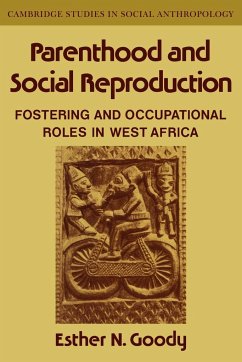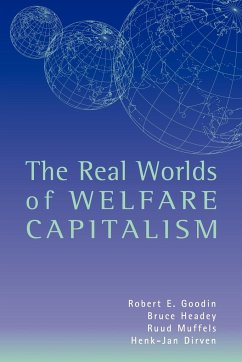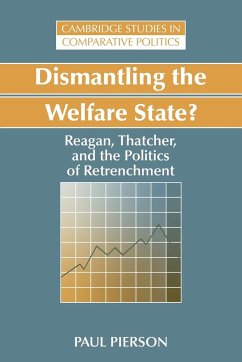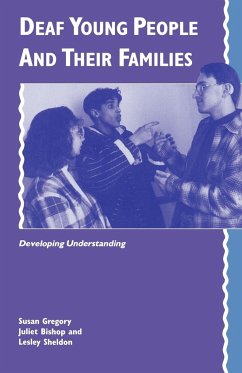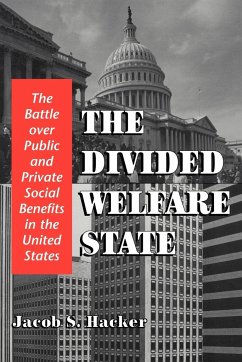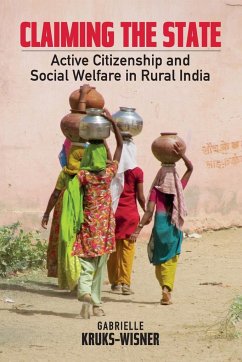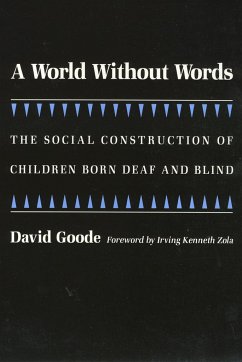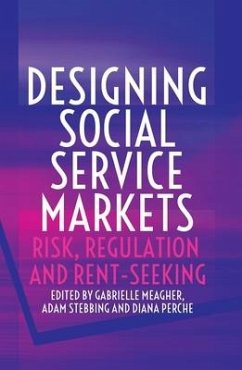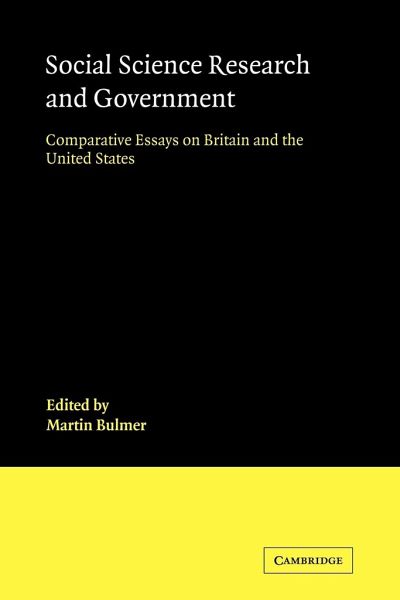
Social Science Research and Government
Comparative Essays on Britain and the United States
Herausgeber: Bulmer, Martin; Martin, Bulmer
Versandkostenfrei!
Versandfertig in 1-2 Wochen
45,99 €
inkl. MwSt.

PAYBACK Punkte
23 °P sammeln!
This collection of original essays considers the relationship between social science research and government during the last 30 years in Britain and the United States including the consequences of policies towards social science of the Reagan and Thatcher governments to frame economic and social policies. What sorts of social science research are available and how are they used? How has the use of the social sciences grown and with what consequences? What is the role of such expertise in the democratic political process? These are some of the questions which the book seeks to answer by a detai...
This collection of original essays considers the relationship between social science research and government during the last 30 years in Britain and the United States including the consequences of policies towards social science of the Reagan and Thatcher governments to frame economic and social policies. What sorts of social science research are available and how are they used? How has the use of the social sciences grown and with what consequences? What is the role of such expertise in the democratic political process? These are some of the questions which the book seeks to answer by a detailed comparison of two of the leading Western nations in social science. Twenty authoritative contributors, most of whom work or have worked in government, review the general features of government/social science interaction, and examine in detail the institutions and methodology by means of which such knowledge-use is fostered. This is a unique collection, of general interest both to social science staff and graduate students and to policy-makers working inside government.





